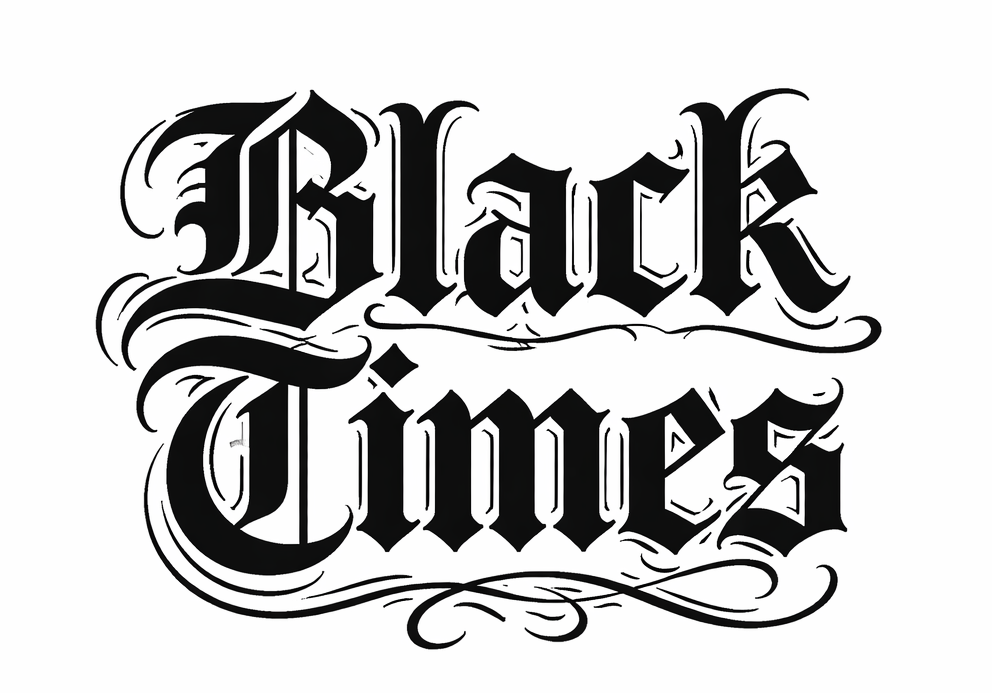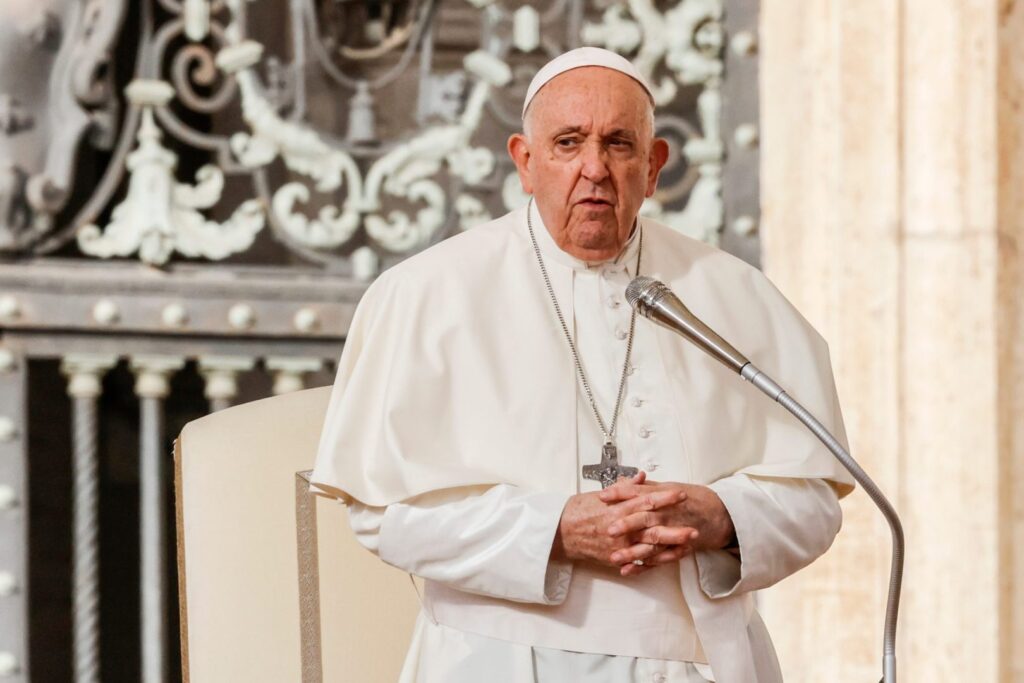In a statement that has stirred debate, head of the Catholic faith, Pope Francis voiced concerns about the U.S. political landscape, suggesting both presidential candidates are “against life” and urging voters to choose the “lesser evil.” This provocative comment has ignited discussions on morality, faith and politics’ role in society.
The Pope’s perspective, while rooted in faith, raises questions about oversimplifying political candidates. Comparing Vice President Kamala Harris and former President Donald Trump as equally flawed overlooks nuances in their policies and their impact on people’s lives. Many religious leaders argue for a more nuanced approach to political discourse.
Abortion remains a contentious issue in this political climate. The Pope’s characterization of abortion as “assassinating” a baby is a viewpoint many find problematic. Scientific research indicates a fetus is not viable until around 22-24 weeks, and the decision to terminate a pregnancy is deeply personal. Many faith communities support a person’s right to choose what happens to their body.
Data shows diverse opinions on abortion rights within religious groups:
93% of Unitarian Universalists support legal abortion.
81% of Jews and 79% of Buddhists share this view.
73% of Catholics of color support the right to choose.
This diversity reflects varied beliefs within society. Imposing a singular moral viewpoint on others, especially those of different faiths, challenges the principle of bodily autonomy.
Vice President Harris has articulated a stance on reproductive justice aligning with the belief in choice. Supporting access to abortion care is viewed by many as ensuring individuals have freedom to make decisions about their own lives. However, some religious leaders stress the importance of holding leaders accountable for all their actions and policies.
While some resonate with Harris’s views on reproductive rights, concerns have been raised regarding the current administration’s stance on international issues, particularly in Gaza. The complexities of political positions can lead to conflicting messages, prompting calls for clarity. Many advocate for peace and the cessation of violence, prioritizing the sanctity of all lives.
In contrast, Donald Trump’s political legacy is criticized for deception and divisiveness. His actions surrounding the Jan. 6 insurrection have raised alarms about democratic integrity. His history of controversial rhetoric has been widely viewed as a threat to societal cohesion. While labeling someone as purely evil is problematic, Trump’s behavior and intentions have faced significant criticism.
As elections approach, many religious leaders urge moving beyond the binary choice of lesser evils. Instead, they encourage considering who can help achieve the greater good. This approach prompts reflection on values and policies that foster justice, equity and compassion in communities.
Engaging in thoughtful discussions about what is right and just, not only for individuals but for neighbors and future generations, is seen as crucial. The choices made at polls should reflect commitment to humanity and collective societal well-being.
Rev. Dr. Jacqui Lewis, senior minister at Middle Church in New York, emphasizes love and justice in political discourse. Her work advocates for racial, economic and gender justice, reminding that faith often calls for compassion and integrity in action.
As society navigates these complex issues, many religious leaders encourage striving to uplift one another and work towards a future embodying the greater good for all. They stress the importance of engaging in meaningful dialogue about loving God, neighbors and oneself in the context of political choices.



